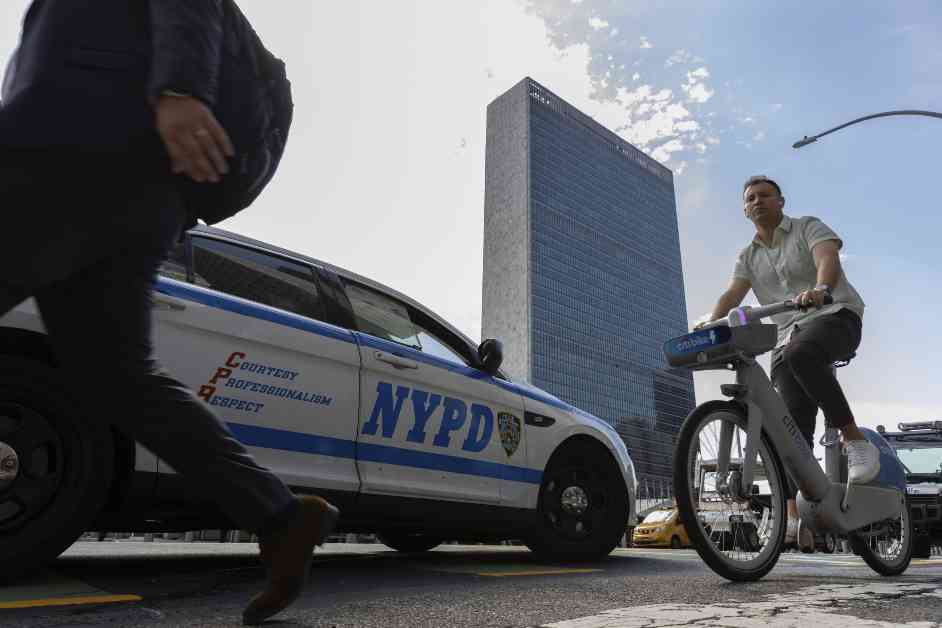The United Nations General Assembly has approved a groundbreaking blueprint called the “Pact of the Future” despite objections from Russia. This pact aims to bring together the world’s nations to address the pressing challenges of the 21st century, including climate change, artificial intelligence, escalating conflicts, inequality, and poverty.
The 42-page pact challenges leaders of the 193 UN member nations to move beyond promises and take real actions that will improve the lives of the world’s more than 8 billion people. UN Secretary-General Guterres emphasized the importance of implementing the pact, prioritizing dialogue and negotiations, and ending wars that are tearing the world apart.
The fate of the pact was uncertain until the last moment, with Russia proposing amendments that were ultimately rejected by a majority of nations. The President of the Assembly, Philémon Yang, called for a vote and the pact was approved with the consensus of all 193 UN member nations.
The “Pact of the Future” outlines 56 actions on various issues such as poverty eradication, climate change mitigation, gender equality, peace promotion, and multilateral system reform. It also includes commitments to nuclear disarmament, addressing the use of lethal autonomous weapons, and establishing governance for artificial intelligence.
UN Secretary-General Guterres highlighted the importance of the pact’s provisions, which aim to address global challenges and protect the interests of present and future generations. The pact also emphasizes the inclusion of young people in decision-making processes and the promotion of human rights, especially for women and girls.
The two-day “Summit of the Future” brought together world leaders at a critical time of global transformation, offering hope and opportunity to address the challenges facing humanity. The pact represents a significant step towards a more peaceful, sustainable, and inclusive future for all.
Leaders must now commit to implementing the pact’s provisions and working together to achieve its goals. The success of the pact depends on the collective action and cooperation of all nations, as failure to act could have profound consequences for future generations.


